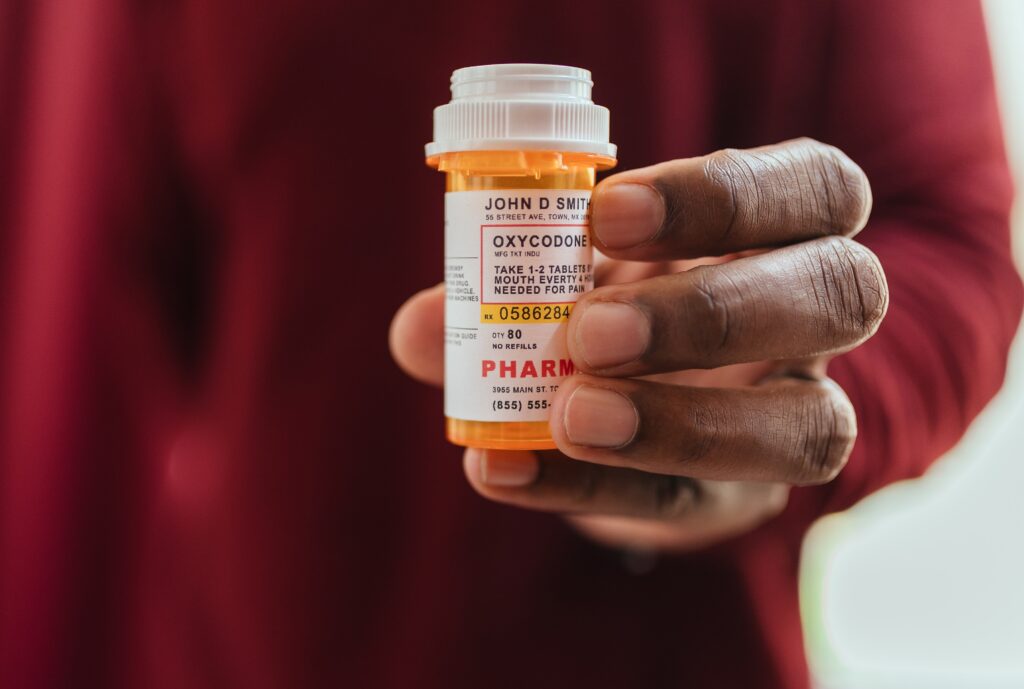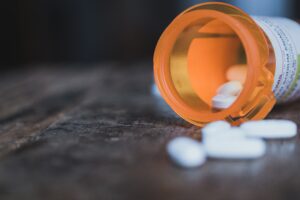Opioid addiction is a complex health crisis affecting millions worldwide. The phrase “what is opioid addiction” goes beyond a simple definition, reflecting the lives it entangles in a web of physical, psychological, and social issues. Understanding what is opioid addiction is the first stride toward recognizing its signs, implications, and the imperative need for effective treatments. Whether you’re seeking information for a loved one or yourself, it’s essential to gain insight into this condition’s depths to combat its grip on individuals and communities effectively.
Table of Contents:
- Understanding What is Opioid Addiction
- Signs and Symptoms of Opioid Addiction
- Treatment for Opioid Addiction
- Conclusion
Understanding What is Opioid Addiction
Opioid addiction is a chronic and relapsing condition characterized by the compulsive use of opioid medications or illicit opioids despite adverse consequences. What is opioid addiction, exactly? It is a medical disorder that involves changes in the brain’s chemistry, leading to a powerful drive to continue using opioids. This highlights the substance’s intense control over an individual’s life and underscores the significant challenge it poses. The gravity of the opioid crisis is illustrated by alarming statistics: “Opioid-involved overdose deaths rose from 21,089 in 2010 to 47,600 in 2017 and remained steady through 2019. This was followed by a significant increase in 2020 with 68,630 reported deaths and again in 2021 with 80,411 reported overdose deaths” (CDC WONDER, as cited in National Institute on Drug Abuse, n.d.). This data tragically emphasizes what is opioid addiction’s deadly potential and its escalating impact on society.
Signs and Symptoms of Opioid Addiction:
Understanding what is opioid addiction also involves recognizing its signs for early intervention. Symptoms include a strong craving to use opioids, significant withdrawal symptoms when not using, and continued use despite the problems it causes in one’s personal and professional life. Opioid addiction, characterized by a “strong craving for opioids” and “an unhealthy dependence on these powerful substances,” manifests through both physical and psychological symptoms such as physical agitation, confusion, depression or anxiety. In severe cases, it can lead to hypoxia from slowed breathing, potentially resulting in brain damage, coma, or death (“Opioid Addiction,” n.d.).

Treatment for Opioid Addiction:
What is opioid addiction treatment? It typically involves a holistic approach combining medication-assisted therapy (MAT), counseling, and support groups. Medications like buprenorphine and methadone help mitigate withdrawal symptoms and curb cravings, while cognitive-behavioral therapy (CBT) and other behavioral therapies address the underlying aspects of addiction, promoting long-term change. What is opioid addiction’s recovery process? It is an ongoing journey, with support from healthcare providers, support groups, and the invaluable involvement of family and friends playing a crucial role. Additionally, embracing community resources such as local support groups and online forums can provide individuals on their recovery journey with a sense of understanding and a supportive network, underscoring the importance of comprehensive support in overcoming the challenges of what is opioid addiction.
Conclusion:
Understanding what is opioid addiction encompasses acknowledging its signs, risk factors, and the concerted efforts required for treatment and recovery. Through this guide, we hope to have shed light on the vital aspects of managing and overcoming opioid addiction. Remember, recovery is a journey filled with challenges and triumphs. If you suspect opioid addiction affects you or someone you know, figuring out what is opioid addiction and seeking timely intervention is crucial. Reach out to a professional today and take the first step towards a healthier, substance-free life.
Take control of your life. Explore treatment options to start your journey to recovery from opioid addiction now.
References:
Opioid Addiction. (n.d.). Family Doctor. Retrieved from https://familydoctor.org/condition/opioid-addiction/National Institute on Drug Abuse. (n.d.). Overdose Death Rates. Retrieved from https://nida.nih.gov/research-topics/trends-statistics/overdose-death-rates







